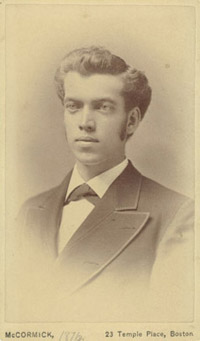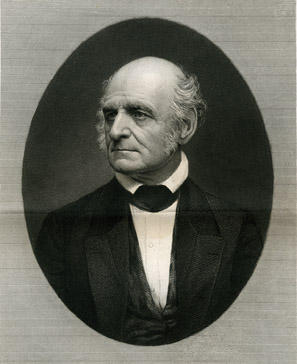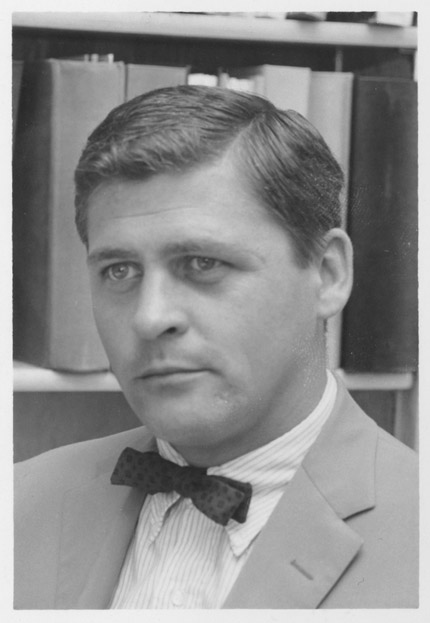Truman Wheeler, Jr., Account Book
Truman Wheeler, Jr., of Great Barrington, Mass., is considerably more obscure than his father, a prominent merchant, but in the two decades after the War of 1812, he made his living raising and selling rye, oats, and corn, tending sheep, and operating a substantial cider mill.
Wheeler Jr.’s account book records an array of fairly typical transactions in a non-cash economy, in which goods (grain, cider, barrels, food) or services (rental of the cider mill, lodging, labor) of one sort were exchanged for another. The frequency and scale of his cidering operation, and his rental of his cider mill when not used, is a distinguishing feature of his account book, which includes accounts with members of the Burghardt, Ives, Tucker, Warner, Wheeler, Willcox, and other families, as well as with Jack Negro, to whom Wheeler sold grain, pork, and brandy in exchange for assistance in haying.




